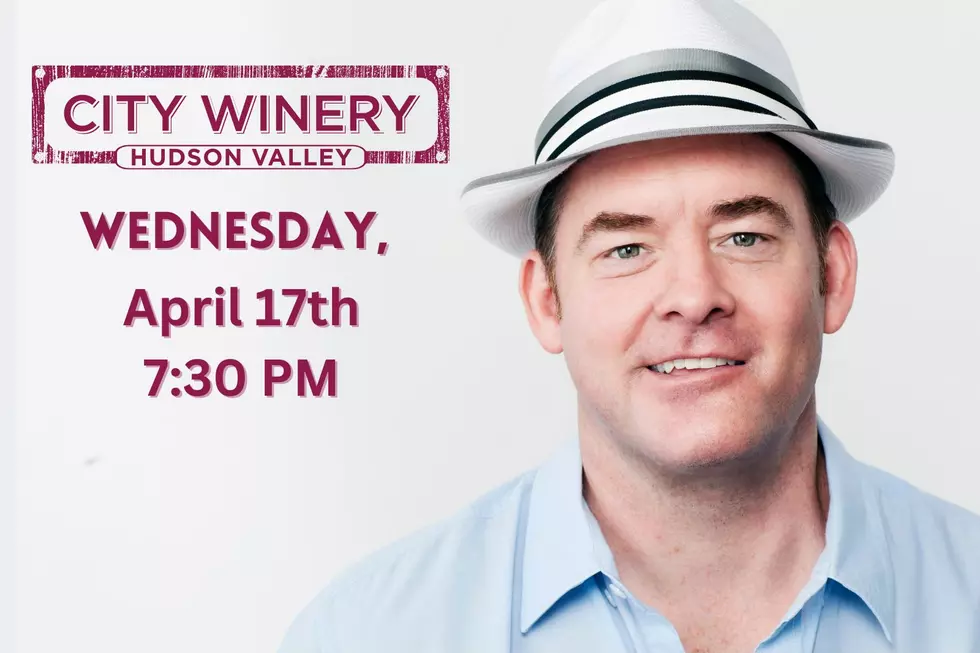
Deuce’s D- Book Report: Bob Mould – See A Little Light
Whew, that’s out of the way. There’s nothing worse than the blowhard “THESE GUYS ARE SO IMPORTANT” history lesson when talking about old bands, but unfortunately it’s kind of necessary. They’ve been more important to my education than most of my classes in high school were.
In my quest for an accurate simile to express the animosity these two have shared over the years, I worked myself into a rage that only destroying my house and burning down a village could satisfy. Thanks Wham! But I did it while listening to “Chartered Trips” from Hüsker Dü’s Zen Arcade so I stayed topical. I’m back now, and it’s finally time to get to the review:
I know you’re tired of living in the past, Bob. It’s all old news to you, but we weren’t there. And it was pretty awesome:
He does get into a good amount of detail of his life after coming out as homosexual. It’s a pretty significant aspect of his life and his identity, so it's natural that it would be kind of the apex and turning point of his book. I learned far more than I ever thought I’d know about the “bear” subculture of the gay community, but hey, who knows what knowledge will help you impress someone at a dinner party.
All told, Bob Mould has lived a fascinating life. He is a man with an unbelievable variety of experiences, from underground hero to alt-rock success with Sugar to booker for WCW—yes, World Championship Wrestling—and the account of his transformation into angry young man from a broken background into happy, healthy adult who has come to terms with who he is makes this an inspiring and powerful read. We should all be so lucky to be as enthusiastic about life after 50 as Bob seems to be. It took Bob Mould a long time to accept himself and to be okay. And for those of us who have used his music and lyrics as as our sympathetic, surrogate voice, well, I think we’ll be okay too.
More From WRRV-WRRB









